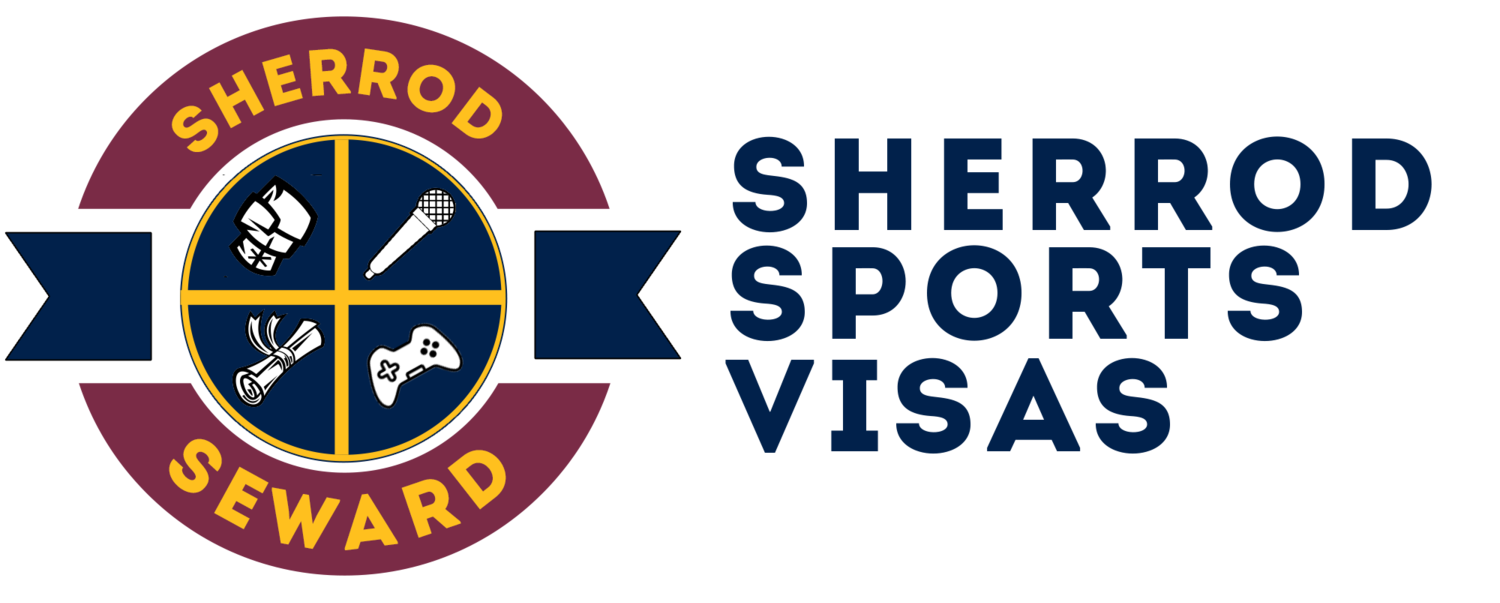From Rio to Las Vegas: How Robson Donato Conceicao Conquered the O-1A Visa Challenge
When Brazilian professional boxer Robson Donato Conceicao stepped into the ring for his Olympic bout in Rio 2016, he had no idea that his greatest fight would come outside the squared circle. The challenge? Navigating the complex U.S. immigration system to secure an O-1A visa for extraordinary ability in athletics.
For international boxers seeking to compete professionally in the United States, the O-1A visa represents both opportunity and obstacle. This non-immigrant visa category is designed for individuals who demonstrate extraordinary ability in their field, but proving that extraordinary ability requires strategic legal expertise and meticulous documentation.
The Challenge: Proving Extraordinary Ability in Boxing
Robson Donato Conceicao's journey to U.S. boxing prominence wasn't without hurdles. As a former Olympic medalist and established professional fighter, Conceicao possessed the athletic credentials, but translating those achievements into immigration law requirements presented unique challenges.
The O-1A visa demands evidence of sustained national or international acclaim. For boxers, this means demonstrating not just wins and losses, but establishing a pattern of recognition that meets specific USCIS criteria. Attorney Sherrod Seward of Sherrod Sports Visas understood that Conceicao's case required more than simply listing fight records.
"Boxing presents unique documentation challenges," explains immigration attorney Sherrod Seward. "Unlike team sports with standardized statistics, boxing success must be demonstrated through media coverage, expert testimonials, and comparative analysis with peers in the field."
Strategic Documentation: Building the Case
The O-1A petition for Conceicao required careful assembly of evidence across multiple categories. The USCIS regulations specify eight possible criteria, with applicants needing to satisfy at least three. For professional boxers, the most relevant categories typically include:
Major Awards and Recognition
Conceicao's Olympic bronze medal from Rio 2016 provided foundational evidence of extraordinary ability. However, the legal team needed to contextualize this achievement within the broader boxing landscape, demonstrating how Olympic success translates to professional recognition.
Media Coverage and Published Material
Extensive media documentation became crucial. The legal team compiled fight previews, post-fight analyses, and feature articles from both Brazilian and international boxing publications. This coverage needed to demonstrate not just participation, but recognition of Conceicao's skill level and standing within professional boxing.
High Compensation Evidence
Professional boxing purses and endorsement deals required careful documentation. The legal strategy involved comparative analysis, showing how Conceicao's compensation aligned with or exceeded that of similarly situated boxers, establishing his market value within the sport.
Expert Testimonials
Testimonial letters from boxing promoters, trainers, and industry professionals provided crucial context. These experts articulated Conceicao's technical skills, marketability, and standing within professional boxing circles.
Overcoming Common O-1A Challenges for Boxers
Boxing presents specific challenges for O-1A petitions that differ from other sports. Unlike team sports with clear statistical measures, boxing success requires subjective evaluation of skill, opposition quality, and career trajectory.
Competition Quality Analysis
The legal team developed comprehensive analysis of Conceicao's opponents, demonstrating consistent competition against high-level fighters. This involved researching opponent rankings, records, and reputations within professional boxing.
International Recognition Documentation
While Conceicao had achieved success in Brazil, establishing international recognition required strategic presentation. The team documented his fights broadcast internationally, coverage in foreign boxing media, and recognition from international boxing organizations.
Career Progression Narrative
The petition needed to tell Conceicao's story coherently, showing progression from Olympic success to professional achievement. This narrative approach helped USCIS officers understand the significance of his accomplishments within boxing's unique career structure.
The Legal Strategy: Comprehensive Approach
Sherrod Sports Visas approached Conceicao's case with understanding that O-1A success requires more than meeting minimum requirements. The strategy involved:
Detailed Competition Analysis
Every significant fight received detailed analysis, including opponent quality, venue significance, and media coverage. This comprehensive approach demonstrated the caliber of competition Conceicao consistently faced.
Market Impact Documentation
The team documented Conceicao's drawing power, television ratings for his fights, and economic impact of his bouts. This evidence supported arguments about his extraordinary ability and marketability.
Comparative Peer Analysis
Strategic comparison with other successful boxers helped establish Conceicao's standing within the sport. This analysis included fighters at similar career stages and with comparable achievements.
USCIS Processing and Approval
The petition's success reflected careful preparation and strategic presentation. USCIS approval came after thorough review of the comprehensive documentation package. The approval enabled Conceicao to continue his professional boxing career in the United States, competing against top-level opposition.
Impact on Boxing Immigration Practice
Conceicao's successful O-1A petition established important precedents for other Brazilian boxers seeking U.S. opportunities. The case demonstrated how Olympic achievement, combined with strategic documentation, could satisfy extraordinary ability requirements.
The success also highlighted the importance of specialized immigration counsel familiar with boxing's unique career structure. Generic immigration approaches often fail to capture the nuances of professional boxing achievement.
Key Lessons for Boxing Professionals
Conceicao's case offers several important insights for other boxers considering U.S. immigration:
Early Documentation Matters
Beginning documentation early in a boxing career proves crucial. Media coverage, fight contracts, and professional relationships should be preserved systematically.
Quality Over Quantity
The strength of opposition and significance of venues matter more than simple win-loss records. Strategic career planning with immigration implications in mind can strengthen future petitions.
Professional Presentation
Boxing achievements require translation into immigration law terminology. Professional legal representation familiar with both boxing and immigration law proves essential.
Current Boxing Immigration Landscape
The success of cases like Conceicao's has contributed to growing recognition of boxing as a field suitable for O-1A petitions. USCIS adjudicators have developed greater familiarity with boxing career structures and achievement measures.
This evolution benefits current boxers seeking U.S. opportunities, as precedent cases provide frameworks for successful petition strategies. However, each case requires individual analysis and strategic approach.
Looking Forward: Continued Success
Conceicao's O-1A approval enabled continued professional development in the United States boxing market. Access to top-level competition, training facilities, and promotional opportunities advanced his career significantly.
The case demonstrates how proper legal strategy can transform boxing talent into U.S. immigration success. For boxers with similar backgrounds, Conceicao's path provides a roadmap for achieving their American boxing dreams.
Expert Immigration Counsel Makes the Difference
The complexity of O-1A petitions for boxers cannot be overstated. Success requires deep understanding of both immigration law and professional boxing's unique characteristics. Attorney Sherrod Seward's expertise in sports immigration proved crucial in Conceicao's case.
"Every boxer's career tells a unique story," notes Seward. "Our job is translating that story into evidence that satisfies immigration law requirements while capturing the fighter's extraordinary ability."
For boxers considering U.S. opportunities, professional legal counsel provides essential guidance through the O-1A process. The investment in expert representation often determines the difference between approval and denial.
Taking the Next Step
Robson Donato Conceicao's O-1A success story demonstrates that with proper strategy and expert legal counsel, international boxers can achieve their U.S. career goals. The key lies in comprehensive preparation, strategic documentation, and experienced legal representation.
For boxers ready to pursue their American boxing dreams, contact Sherrod Sports Visas for expert O-1A visa consultation. Our specialized knowledge of boxing immigration can help transform your athletic achievements into immigration success.


